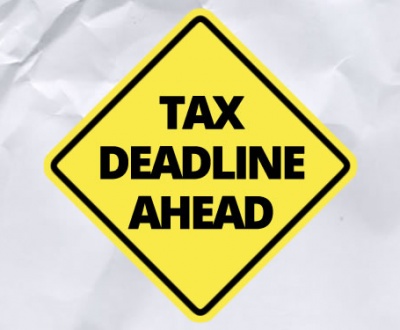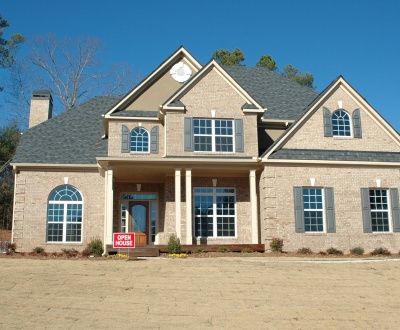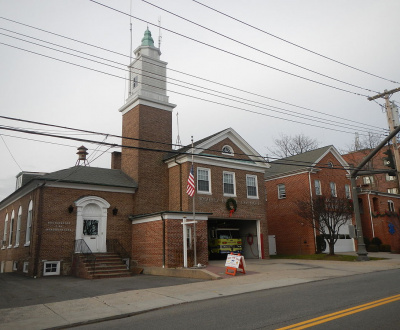How Real Estate Taxes Affect the Buyer and Seller
How Real Estate Taxes Affect the Buyer and Seller
If you buy a house today, your taxes over 30 years will add up to at least the total purchase price of that house, typical taxes being around 3% of your purchase price per year. Unlike a mortgage which you can pay off, your real estate taxes will never be paid off.
If you are a recent purchaser of a property, to qualify for a mortgage, the taxes and insurance will be the first items that the bank will look at. Thus, if you pay $20,000 in yearly taxes that would require a least a yearly income of $20,000. In reality, that would require you to have even a higher income. Since a lender will not give you a loan on 100 percent of your income, you would have to have much higher income. Let say the lender will only loan you 25 percent or 30 percent of your income. That $20,000 real estate tax bill will require you to have $80,000 to $100,000 in income. That is only the taxes, then you are asking for a mortgage which will be require further yearly income on your part.
If our example of $20,000 in taxes will have what effect on your property value? If your taxes were reduced by let say by $5,000. The effect of lower taxes will increase the property value allowing the purchase or the owner to carry a larger mortgage. A $5,000 decrease in taxes, assuming a mortgage rate of 5 percent, will allow the property owner to increase his mortgage by $25,000 (5,000 divided by 5%), allowing you to qualify for a bigger mortgage, or alternatively, will lower the cost of caring your house.
Additionally, there is the psychological effect of high taxes. Nobody likes to be made a fool by having the highest taxes in the development. That causes the potential buyer to avoid a house because of unreasonably high taxes. If that house is going to sell, the buyer is going to discount the sales price because of the unreasonably high taxes. Again, let us use the example of $5,000 higher tax bill that would allow the buyer to pay $25,000 less for that property. Again, showing how taxes can affect your property.
To illustrate the effect of taxes on current owners, an area along the Hudson River had a reassessment by the local Town. The taxes were relatively low for the value of the houses. On a townwide reassessment, those taxes will increase by 50% to 100% because of the rapidly increase in values for Hudson River frontage properties. The result was that a large percentage of the property owners had to sell their properties because of increase in the real estate tax burden. Sad for the properties owners, but what was worse, the higher taxes decreased the sales price of those homes.
Real estate taxes will affect the buyer and seller and the owner for many years to come. It is always worthwhile to be aware what the assessor says your property is worth and compare the assessor’s estimation of your property value to what your property is really worth. Do not be one of those people who paid high taxes for years, and when it comes to selling their house, they find out they paid too much.
Search the Retax Blog
All Blog Posts
- Orangetown – An Old Settlement
- Property Taxes Set To Increase, But You Can Appeal
- Haverstraw, New York – Named For Its Grasslands
- Clarkstown – A Growing Area
- Rockland County – New York’s Smallest County
- Town Of Rye, New York – A Tranquil Part Of The World
- Pound Ridge, New York – A Quiet Haven
- Economist Predicts A Staggering 20% Loss To Real Estate Values In Coming Year
- Pelham, New York – An Easy Commute To New York City
- Ossining – A Town Formerly Known As Sing Sing








